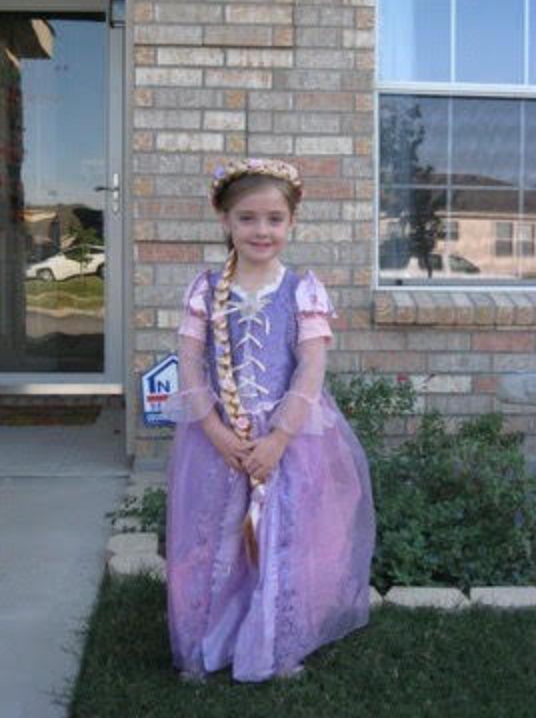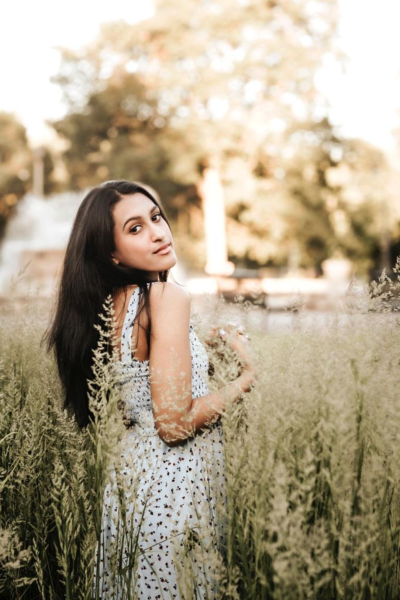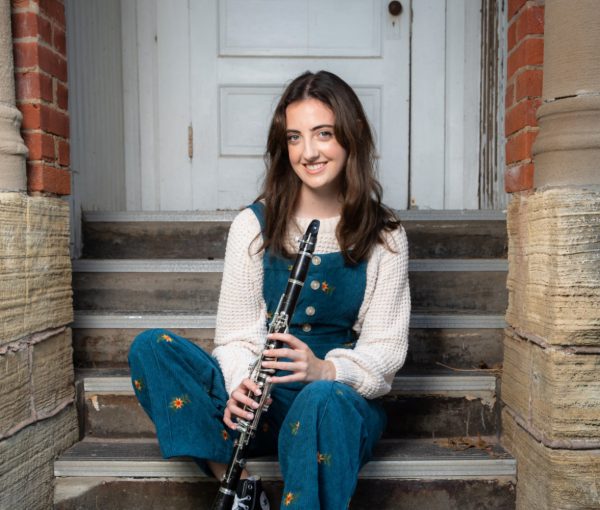In recent weeks, Indian-American actress Avantika Vandanapu, known in Hollywood as Avantika, has found herself at the center of major controversy, centered around the rumor that she would play Rapunzel in an alleged Disney live action of “Tangled.”
While this rumor originated from a fan casting on X (formerly Twitter), it quickly gained traction, with social media users expressing their distaste for this casting through intense cyber bullying of the actress.
Many critics of the fancast claimed that they were fed up with the race swapping of characters in Disney films, sharing that the live action versions of Disney princesses should look exactly how they do in the animated movies.
Many Indians and other people of color perceived the backlash from white critics as resistance to seeing women of color in prominent roles on screen. Some viewed this as pure irony that individuals who are accustomed to seeing characters reflecting their own racial background in Hollywood are struggling to accept a character being of a different race than them, as people of color have had to endure this for most of their life.
PV junior of Indian origin, Anshu Mallapally, expressed her thoughts on the situation.
“It’s bizarre that people who claim that Rapunzel was their favorite character and felt the most seen in her cannot fathom having the same feelings if she looks different, but calling them racist is a bit much. I think a lot of people of color can relate to this, as we found ourselves in different characters over the years through their personality, the way they dressed, or how they presented themselves. So even if this live action does happen, it should still be easy for people of all races that previously resonated or liked Rapunzel to continue doing so, as it’s only her skin color that is changing, ” Mallappally explained.
While white individuals have historically received an exponentially greater amount of representation of all kinds in Hollywood, it’s not necessarily that it’s hard for them to see themselves in non-white characters. New WOC characters prove this, such as indian teenager Devi from “Never Have I Ever” or samoan princess Moana, whose race and culture are pivotal parts of their success in the industry, suggesting that audiences are open to diverse representation when it’s authentic.
The problem mainly appears when casting directors go back and try to race swap characters for no specific reason, showing its inauthenticity.
African-American junior Odelia Ayika has a different perspective.
“Minorities already don’t get much representation, it wouldn’t hurt to make Rapunzel Indian, and white people already have numerous other Disney princesses who are white to resonate with,” Ayika explained.
However, Mallappally questions this perspective.
“As kids we create this image of how these princesses and cartoon characters would look in real life. It was fun to romanticize these films, but race swapping and completely changing their look ruins the magic for kids who had this certain expectation of how they would look,” Mallappally recalled.
Producers and casting directors in Hollywood must understand that real diversity is about moving forward and creating new princesses and new productions starring people of color to represent different American experiences, not going back and changing old classics.
Examples of this can be seen through Kate Sharma in “Bridgerton” and a new Indian Disney princess, Princess Gauri, who will be played by none other than Avantika, in “A Crown of Wishes”, a fantasy series centered around Hindu mythology. Both roles show Indian women as humans who have the capabilities of being more than background characters, and both are watched by all ethnicities, globally.
The controversy surrounding Avantika’s rumored role in a live action “Tangled” serves as a catalyst for a broader conversation surrounding diversity and representation in Hollywood, and when it truly stems from creative roots of having the desire to share different cultural stories, and when it is simply inauthentic.










